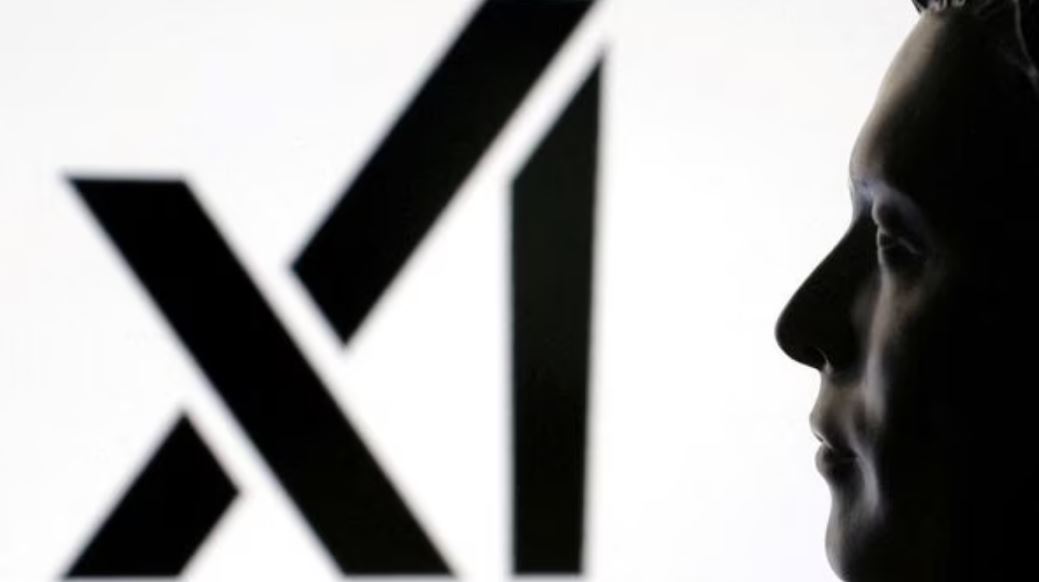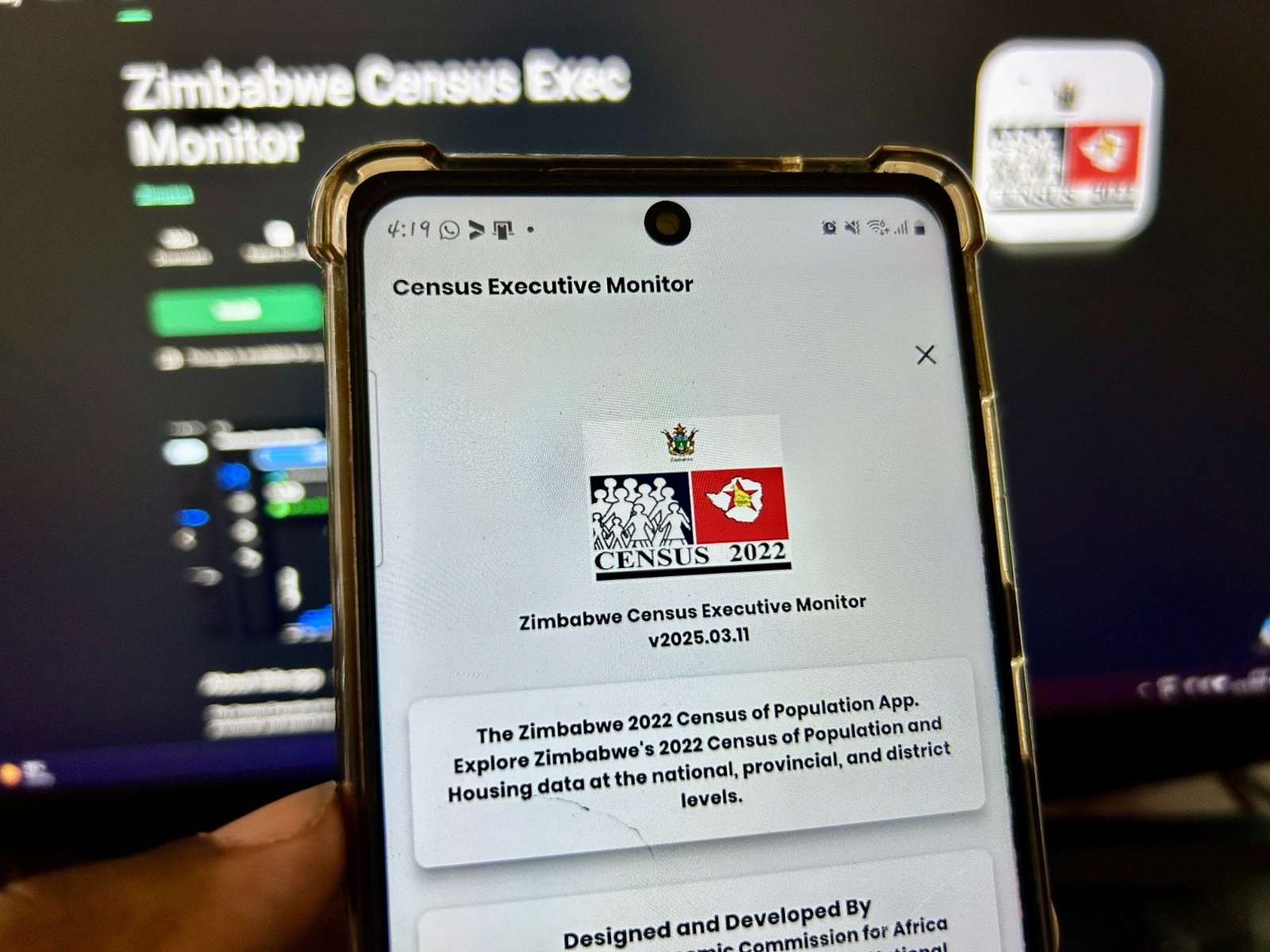Remember how there was a bit of a stir earlier this year when Netflix hinted on its entry into the African market? This was caused by Netflix sharing its strategy for a global footprint by the end of 2016, with Africa also considered in that discussion.
It wasn’t so much about the awesomeness of Netflix (though they do have a great product and some killer shows, some of which they produce themselves) but about the potential disruption of the neighbourhood bully giant, MultiChoice.
Now, it seems like the guys behind MultiChoice, Naspers, are preparing for the arrival of Netflix with a new service. An article in My Broadband has cited sources that have said that an event being organised by Naspers and pencilled for the 19th of August is the launch of a subscription video on demand (SVOD) service that Naspers has been working on for a while.
It’s been alleged that Naspers wants to one up Netflix through a quick roll out in specific economies and regions. This is being substantiated by Naspers’ acquisition of a stake Icflix through MultiChoice which was executed in April this year. Icflix is a VOD service from the UAE that has a presence in the UAE, Egypt, Morocco, Kuwait, Saudi Arabia and Tunisia.
While this bit of news, or the launch of Naspers’ own Netflix project won’t excite the market as much as Netflix entering African territory, it does say something about the perception the media juggernaut has of competition from local VOD services and the potential of VOD Services.
It’s easy to see how the enjoyment of advantages of economies of scale might have made the content delivery space less challenging for any Naspers’ divisions like MultiChoice against smaller VOD startups. But a move from a larger operator has created the need to act. Naspers is also looking at maintaining its hold on African content delivery even on future platforms.
Sure, VOD startups might not have been a huge headache, but a Netflix sized operator means a well-funded player that has a strong content strategy which now includes production, and has already caused disruptions in its traditional North American market all the while ushering in a new culture of content consumption.
If Naspers plays after Netflix, an operator that has a better feel for VOD services and offers a fresh perspective, Naspers might start down a slow path of losing dominance in its own playground.













Comments
11 responses
I don’t see it taking off for a while due to the bandwidth problems that affect a lot of African countries.
We prefer Satelite TV to cabled connections because cabled connections are super expensive and oftentimes lack the speed and reliability you’d expect from a streaming service.
good move my multichoice, they are preparing for the future. you will do good to increase your shares in naspers. in the next 3 years the internet infrastructure in africa will be able to support vod
Why not also put a word in about Altech who actually have a VOD subscription service running RIGHT NOW in South Africa! Its available, its already got a pricing structure. Isn’t that more of a competitor for Naspers to think about – imim mava kutomhanya ku Netflix.
The problem with Altech Node is that it requires hardware (i.e. set top box) similar to a decoder as compared to a service (e.g. Netflix) that simply requires you to have a decent internet connection.
if the wobona team had focused on creating a great platform for VOD & organically building their userbase from the people who have good internet access to support VOD they might as well have been the acquisition target for Multichoice
The problem with VOD services is that the internet is global so whether Multichoice/Icflix think they’re tying up the market, they might find themselves in for a shock if/when Netflix/Hulu/others launch their services for the African market because of accessibility. Why pay more for secondhand programs when you can get from source at a potentially reduced rate? The only advantage that Multichoice/Icflix would have is on payments where they have accessible payment platforms for the ordinary African citizen (but getting a prepaid visa/mastercard is now very easy in Zimbabwe at least).
As long as the delivery system is based on internet, its dead in Zim before they even start.
We do not have the reliability needed to sustain such investment. In most countries ISPs strive to reach the converted 5 nines(99.999) uptime where as in Zim they dont even know such figure exist.
dont u think with the amount of fibre that is being laid in zimbabwe & other african countries that this is a very good investment for a cash rich company like Naspers looking at a 2-3 year ROI especially with the changing media consumption patterns. if u really look at it, people buying pirated dvd movies is a sort of on demand method of consuming entertainment which is disrupting the zbc/dstv entertainment consumption method.
If you look at the trends world wide, if there is enough bandwidth available, the sky is the limit. Amazon of all the business are driving hard to beat bargains through their Amazon Prime catalogue: http://www.bbc.co.uk/news/entertainment-arts-33715671
Video on Demand is changing face and the way we watch movies. All this is being driven by dark fibre infrastructure.
Any idea if the change in epl channels is affecting ss3 in south africa?
You make it a Netflix vs Naspers article.
Thats not as important as the competitive environment it will bring.
It can only mean better affordability for Africa,as they fight for the market